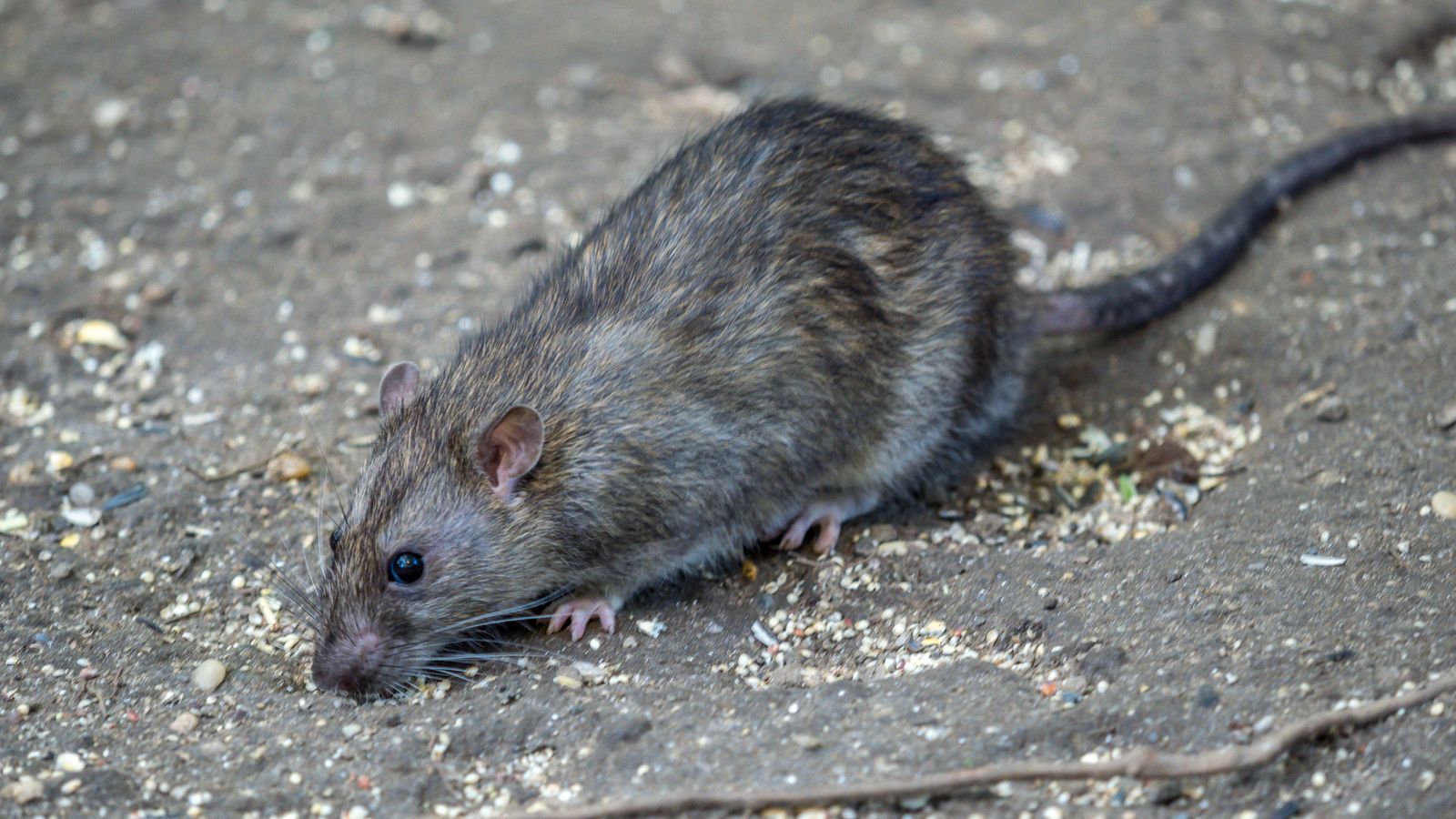Rat sightings across London have soared during the pandemic, new data from the British Pest Control Association (BPCA) suggests.
In the first lockdown last spring, 51% of BPCA members reported a rise in rodent activity. By October, 78% of pest controllers were reporting more sightings.
Recent figures from pest.co.uk also show there were 30 million more rats in the country in 2020 than in 2019.
While in part experts say this is due to increased resistance to rat poisons, they say the numbers are mainly down to greater visibility.
David Lodge, who runs Beaver Pest Control in London, explains “by nature rats typically avoid humans and so before the pandemic, they would be hidden from view in drains and sewer systems”.
With businesses shut and streets deserted, these nocturnal creatures are now becoming more “brazen” and beginning to infest areas they would not usually occupy, such as empty restaurants, pubs and office buildings.
Reduced waste on the streets and empty bin areas behind restaurants and pubs means there is limited food source available for the local rat population.
Consequently, rat populations are finding other places to satisfy their need for a food source and so they are becoming more visible.
It’s meant plenty of work for pest controllers, having fought to be included on the key workers list. Mr Lodge said his company’s turnover related to rodent infestations had increased by 33% in the last financial year.
Mr Lodge said his team had seen “infestations in buildings across all boroughs, but particularly in Central London and the West End”.
When checking restaurants, they have noticed that rats are gnawing their way under doors and also getting in by climbing up toilet u-bends, as the water has evaporated.
It has not been unusual for his team to find around 20 rodents in one establishment over the last few months.
There has also been a sharp increase in reports of rat sightings in residential areas.
A spokesperson from the BPCA said: “Of course, some of it is down to the fact that many of us are at home more often, and therefore way more likely to spot rats or mice. Also, we’re all just more inclined to get the problem dealt with when we’re working from home.”






















